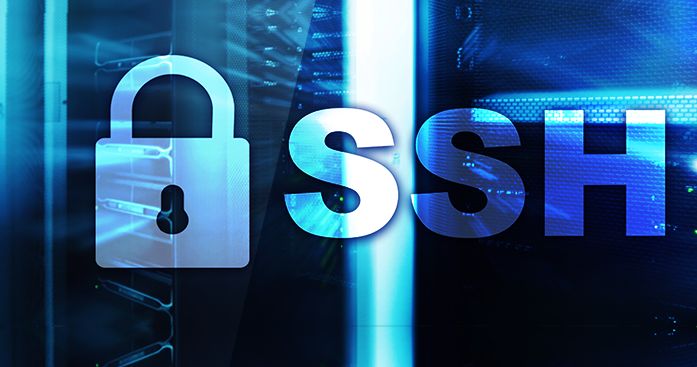Enhancing SSH VPS Server Security
SSH (Secure Shell) is a protocol that provides secure access to a remote server or VPS (Virtual Private Server). It allows users to securely connect to their servers over an encrypted connection, making it an essential tool for managing VPS servers. However, like any other technology, SSH is not without its security risks. In this article, we will discuss some best practices to enhance the security of your SSH VPS server.
1. Use Strong Passwords
One of the most basic yet crucial steps to secure your SSH VPS server is using strong passwords. Avoid using common passwords or dictionary words that are easy to guess. Instead, opt for complex passwords that include a mix of letters, numbers, and special characters. Additionally, consider using a password manager to generate and store secure passwords.
2. Disable Password Authentication
Another important security measure is to disable password authentication and switch to public key authentication. Public key authentication is more secure than passwords as it uses cryptographic keys to authenticate users instead of a password. To implement public key authentication, generate a public/private key pair on your local machine and upload the public key to your server.
3. Update SSH Regularly
It is crucial to keep your SSH server software up to date to protect against vulnerabilities and security threats. Regularly check for updates and apply them promptly to ensure that your server is running the latest secure version of SSH.
4. Restrict SSH Access
Need Reliable VPS Hosting? Get high-performance virtual servers with full root access, SSD storage, and 24/7 support. Get VPS Hosting →
Limiting SSH access to only trusted IP addresses can significantly enhance the security of your VPS server. You can configure your firewall or SSH configuration to allow access only from specific IP addresses or IP ranges. This helps prevent unauthorized access and reduces the risk of brute-force attacks.
5. Monitor and Log SSH Activity
Monitoring and logging SSH activity can help you detect any suspicious behavior or unauthorized access attempts. Set up logging for SSH connections and regularly review the logs for any unusual activity. Additionally, consider implementing intrusion detection systems to alert you of any security incidents.
6. Harden SSH Configuration
Consider hardening your SSH configuration by disabling unnecessary features and implementing security measures such as rate limiting, two-factor authentication, and session timeout. These additional security measures can further protect your SSH VPS server from malicious attacks.
Conclusion
Securing your SSH VPS server is essential to protect your data and maintain the integrity of your server. By following the best practices outlined in this article, you can significantly enhance the security of your SSH VPS server and reduce the risk of security breaches. Remember that security is a continuous process, so stay vigilant and keep your server security up to date.
